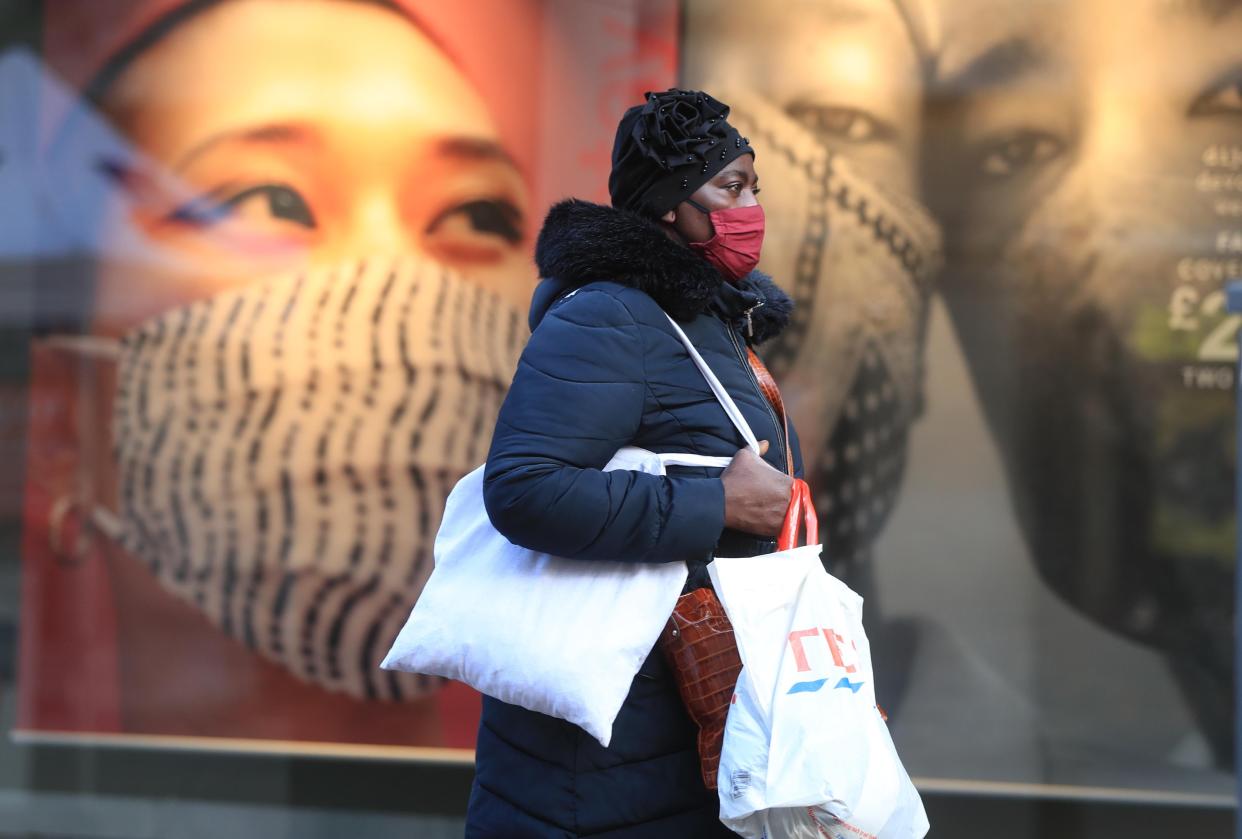‘Poverty premium’ means ethnic minorities in UK face higher living costs, study finds

Labour has urged the government to address the “scandal” of higher living costs faced by black, Asian and other ethnic minorities in the UK, after a new report found some communities were being charged more for basic services.
New research by academics at Bristol University academics found all those on low incomes are more likely to be paying extra costs for essentials such as electricity and gas, as well as obtaining credit.
The report also found the likelihood of being hit by the “poverty premium” was particularly acute among Britons from black, Asian and other ethnic minority backgrounds.
“It is a scandal that disabled people, black, Asian and ethnic minority and low-income families are being penalised and paying more for essential services,” said Marsha de Cordova, the shadow equalities minister.
“The same groups are already being unequally impacted by this pandemic, facing higher death rates, higher unemployment rates and higher levels of poverty. Now we see creditors and corporations profiting from their precarity.”
The Labour MP added: “The government is failing to uphold their duties set out in the Equality Act and to protect consumers from this kind of discrimination.”
The report, published by the Fair by Design Group campaign group, found evidence that black, Asian and ethnic minority families are more likely to have reduced access to bank loans, or be excluded from the credit card market.
Ethnic minorities and others over-represented in lower paid groups – such as single parents – are more likely to pay more in household fuel costs because they are less likely to be able to pay via direct debit.
People with disabilities, lone parents and ethnic minority households are all more likely to struggle to get affordable household insurance, researchers found. This often leaves them susceptible to debt problems when something goes wrong.
📢New @FairByDesign research⚠️
The inequality of poverty: People with protected characteristics are more likely to pay a #PovertyPremium
The findings point to essential services markets discriminating against groups of people, albeit indirectly.https://t.co/4cla3PLkfC pic.twitter.com/O2NhCuoSTR— Fair By Design (@FairByDesign) February 23, 2021
Fair by Design, which is campaigning to end Britain’s “poverty premium”, said the government’s efforts to help the economy recover after the coronavirus pandemic presented an opportunity to address ingrained inequality in the UK.
“Covid-19 has thrown a light on links between insecure work, low incomes, and protected characteristics,” said Martin Coppack, the campaign group’s director.
“But even before the pandemic, some people were paying more for life’s essentials because of who they are, where they can afford to live, and the options they have when they have to pay for things.
He added: “To level up our communities, regulators and policymakers should work together to make sure people on low incomes can access the products and services they need at a price they can afford.”
Read More

